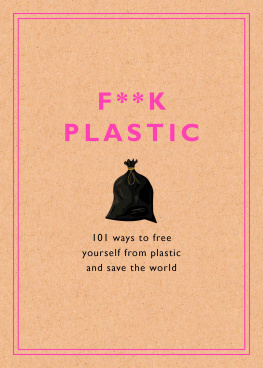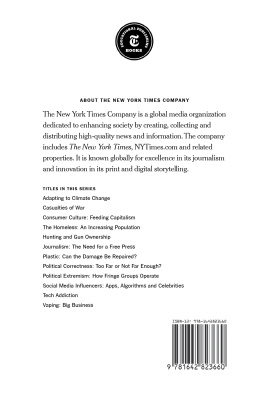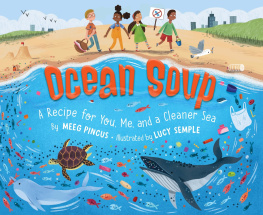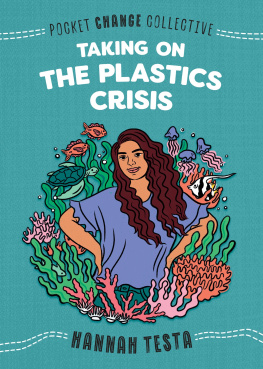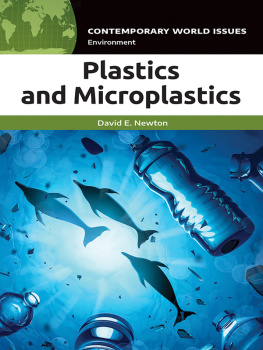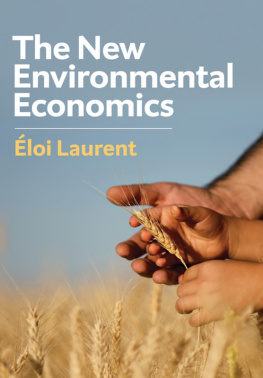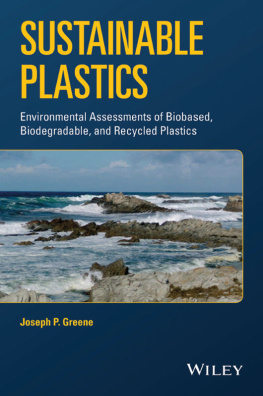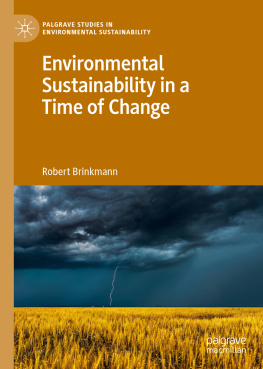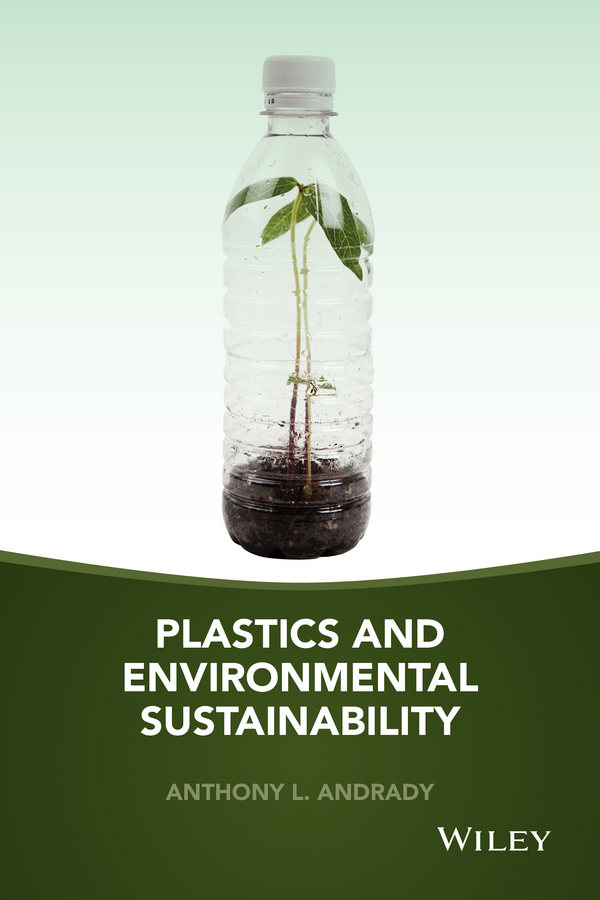
CONTENTS
List of Tables
- Chapter 01
- Chapter 03
- Chapter 04
- Chapter 05
- Chapter 06
- Chapter 07
- Chapter 08
- Chapter 09
- Chapter 10
List of Illustrations
- Chapter 01
- Chapter 02
- Chapter 03
- Chapter 04
- Chapter 05
- Chapter 06
- Chapter 07
- Chapter 08
- Chapter 09
- Chapter 10
Guide
Pages
PLASTICS AND ENVIRONMENTAL SUSTAINABILITY
ANTHONY L. ANDRADY, Ph.D
Adjunct Professor of Chemical and Biomolecular Engineering
North Carolina State University
Copyright 2015 by John Wiley & Sons, Inc. All rights reserved
Published by John Wiley & Sons, Inc., Hoboken, New Jersey
Published simultaneously in Canada
No part of this publication may be reproduced, stored in a retrieval system, or transmitted in any form or by any means, electronic, mechanical, photocopying, recording, scanning, or otherwise, except as permitted under Section 107 or 108 of the 1976 United States Copyright Act, without either the prior written permission of the Publisher, or authorization through payment of the appropriate per-copy fee to the Copyright Clearance Center, Inc., 222 Rosewood Drive, Danvers, MA 01923, (978) 750-8400, fax (978) 750-4470, or on the web at www.copyright.com. Requests to the Publisher for permission should be addressed to the Permissions Department, John Wiley & Sons, Inc., 111 River Street, Hoboken, NJ 07030, (201) 748-6011, fax (201) 748-6008, or online at http://www.wiley.com/go/permissions.
Limit of Liability/Disclaimer of Warranty: While the publisher and author have used their best efforts in preparing this book, they make no representations or warranties with respect to the accuracy or completeness of the contents of this book and specifically disclaim any implied warranties of merchantability or fitness for a particular purpose. No warranty may be created or extended by sales representatives or written sales materials. The advice and strategies contained herein may not be suitable for your situation. You should consult with a professional where appropriate. Neither the publisher nor author shall be liable for any loss of profit or any other commercial damages, including but not limited to special, incidental, consequential, or other damages.
For general information on our other products and services or for technical support, please contact our Customer Care Department within the United States at (800) 762-2974, outside the United States at (317) 572-3993 or fax (317) 572-4002.
Wiley also publishes its books in a variety of electronic formats. Some content that appears in print may not be available in electronic formats. For more information about Wiley products, visit our web site at www.wiley.com.
Library of Congress Cataloging-in-Publication Data:
Andrady, A. L. (Anthony L.)
Plastics and environmental sustainability / Anthony L. Andrady, PhD.
pagescm
Includes bibliographical references and index.
ISBN 978-1-118-31260-5 (cloth)
1.PlasticsEnvironmental aspects.2.PlasticsHealth aspects.3.PlasticsBiodegradation.I.Title.
TD798.A53 2015
628.44dc23
2014042233
Cover image courtesy of iStockphotoDevonyu
This book is dedicated to my children and my grandchildren.
PREFACE
How quickly a concept is grasped, adopted, and assimilated into the general culture is indicative of how germane a human need it addresses. If that is indeed the case, the notion of sustainable development seemed to have struck a vibrant sympathetic chord with the contemporary society. Since its emergence in the 1980s, the general tenet of sustainability has gained rapid worldwide salience and broad global appeal in some form or the other. Though it is easy to identify with and even subscribe to it in general terms, the goal of sustainability and how to achieve it remain unclear. In addition to being a dictionary term, sustainability has also become a buzzword in the business world. Todays message of sustainability reaches way beyond that of the early environmental movements of the 1960s and 1970s in that it includes an ethical component based on social justice for future generations.
With the global carrying capacity already exceeded, energy/materials shortages looming in the medium term, and the climate already compromised by anthropogenic impacts, many believe that we have arrived at decisive crossroads with no time to spare. The only way out of the quagmire is a radical change in thinking that encompasses the core values of sustainable growth. The message of sustainable growth has also reached chemical industry at large including the plastics industry. In a recent global survey of consumer packaged goods companies by DuPont in 2011, a majority (40%) of the respondents identified attaining sustainability (not costs or profits) as the leading challenge facing their industry today. Environmental movements including the call for sustainability have hitherto evolved along strict conservationist pathways over the decades that saw economic development inextricably linked with polluting externalities and tragedy of the commons. This invariably pitted business enterprise against the health of global environment. Industry was still identified a significant polluter and generator of waste. This has lead to the plethora of environmental regulations promulgated in the United States during those decades aiming to regulate their operations. The knee-jerk response has been greenwashing, a mere defensive stance by industry, seeking to make small visible changes to nudge existing practices and products into a form that might be construed as being sustainable.
The entrenched belief that business and technological development must necessarily adversely impact the environment remained entrenched in the 1970s and 1980s. In 1992, at the UN Conference in Rio, this notion was finally challenged and the dictum that economic development (so badly needed to eradicate world poverty) can occur alongside environmental preservation was finally proposed. But preservation means maintaining the environmental quality and services at least in its current state for the future generations to enjoy. Without a clearly articulated mechanism of how to achieve this rather dubious goal or the metrics to monitor the progress along the path to sustainability, the notion blossomed out into a popular sociopolitical ideal. Consumers appear to have accepted the notion and are demanding sustainable goods and services from the marketplace.
The allure of sustainable development is that it promises to somehow disengage the market growth from environmental damage. It frees up businesses from having to continually defend and justify their manufacturing practices to the consumer and the environmentalists who continually criticize them. Industry and trade associations still continue under this old paradigm perhaps by the force of habit but the rhetoric and dialogue with environmentalists are slowly changing. Accepting in principal that the need for a certain metamorphosis in their operation that reshuffles their priorities is a prerequisite to fruitful collaboration with environmental interests. The effort toward sustainability is one where industry, the consumer, and the regulators work together, ideally in a nonadversarial relationship. In this awkward allegiance, the business will move beyond meeting the regulatory minima or room to operate in terms of environmental compliance and respond positively to burgeoning green consciousness in their marketplace. It frees up the environmental movements to do what it does best, and facilitates stewardship of the ecosystem in collaboration with business interest, rather than be a watchdog. This is not an easy transformation in attitudes to envision. Yet it is a change that needs to be achieved to ensure not only continued growth and profitability but the very survivability of the planet and life as we know it.
Next page

